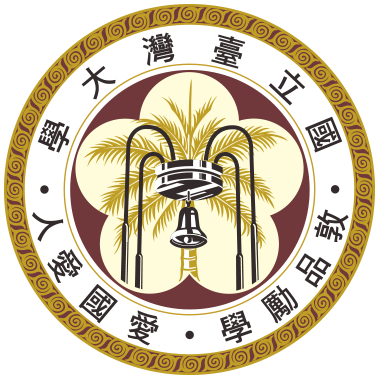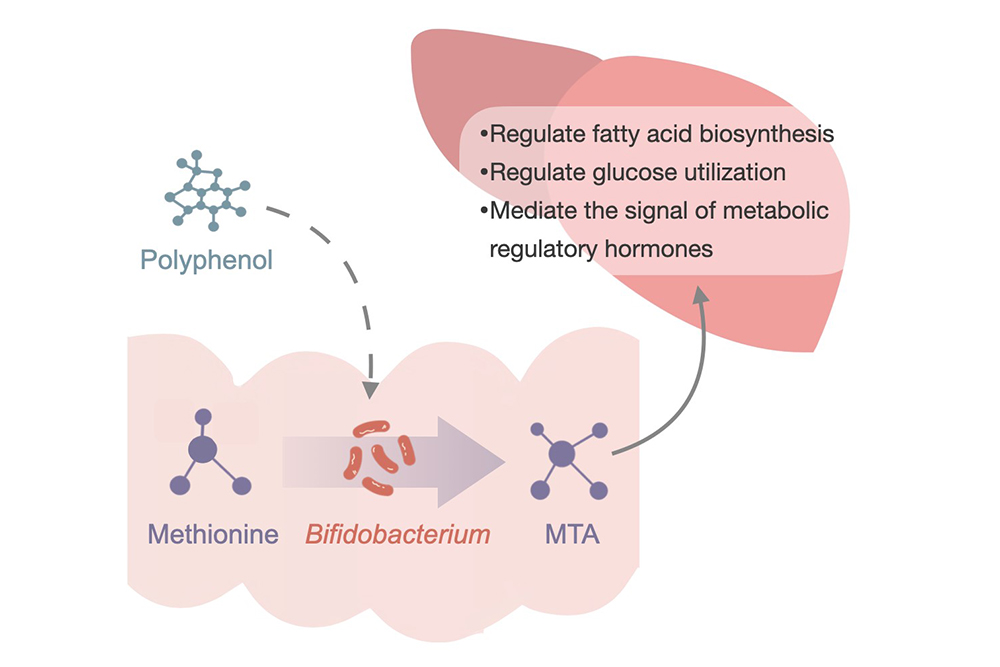In recent years, numerous scientific studies have indicated that the balance of gut bacteria in the human body may determine one's physique. With the advancement of genetic testing technology, an increasing number of "lean bacteria" in the human gut have been discovered. Probiotic products claiming weight loss benefits have also emerged in the market. However, evidence regarding how gut bacteria contribute to health and achieve body weight adjustment remains insufficient.
A research team led by Professor Cheng-Chi Hsu from the Department of Chemistry at National Taiwan University, in collaboration with the team led by Dr. Ming-Hsien Wu, Director of National Taiwan University Hospital, has identified key factors of probiotics in the gut that can aid in weight loss. Utilizing high-resolution mass spectrometry, Professor Hsu's team analyzed the metabolites of Bifidobacterium longum, a common bacterium in the human gut, and discovered that B. longum produces active molecules that promote lipid metabolism, slowing down fat accumulation within cells.
Furthermore, the research team found that dietary supplementation with lychee polyphenols and specific amino acid components can effectively regulate the gut environment and help B. longum thrive in the intestines. This enables B. longum to settle more efficiently in the gut and produce beneficial metabolites. These research findings have been published in the March 2024 issue of the international journal Gut Microbes.
Professor Hsu stated that the research results demonstrate that the active ingredients of gut bacteria are the key determinants of probiotic efficacy. Metabolites of gut bacteria represent a new direction in international drug development and health nutrition. The team plans to continue utilizing mass spectrometry metabolomics technology to discover more probiotic metabolites in the future.
The research team expresses gratitude for the financial support provided by the National Science Council and the Ministry of Education. Patent applications have been filed, and technology transfer has been initiated to a spin-off company affiliated with National Taiwan University to facilitate the development of related products.
Full Research Paper: https://www.tandfonline.com/doi/full/10.1080/19490976.2023.2300847
Source: https://www.ntu.edu.tw/spotlight/2024/2268_20240515.html


